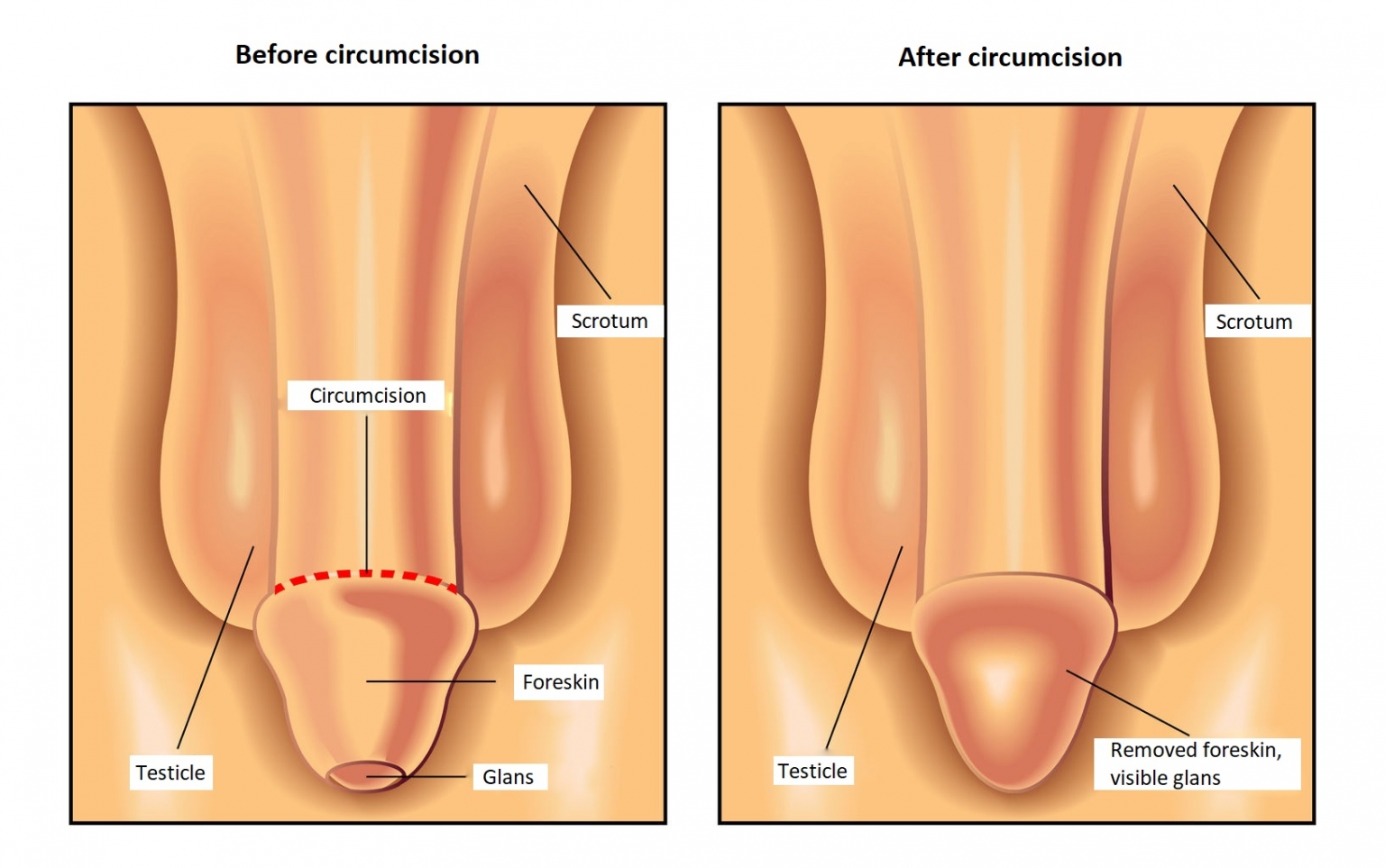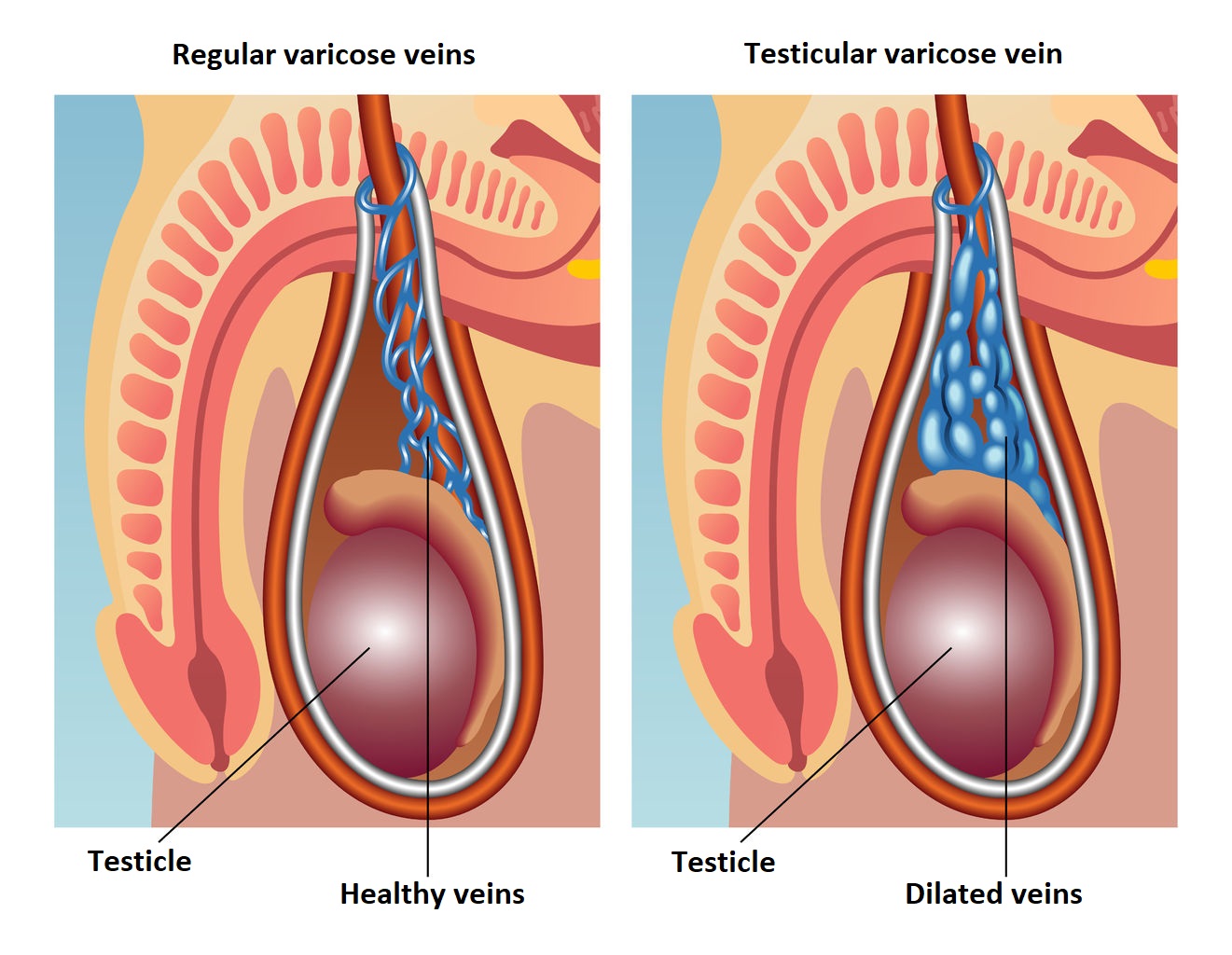What does the urologist do?
The urologist deals with congenital and acquired disorders and diseases of the urinary tract (kidney, ureter, bladder, urethra). These include developmental disorders, infections, inflammation, lithiasis, urination difficulties – difficulty urinating, involuntary loss of urine -, and cancer. The urologist also examines and treats problems related to the male genitals (testicles, prostate, penis).
Medicover Private Hospital’s urological inpatient care covers the surgical treatment of diseases of the female and male urinary tract, male genitals, and testicles.
Circumcisio - circumcision
Circumcision is the surgical removal of the foreskin. For health reasons, it is most often performed due to foreskin stenosis that causes the complaint (a ring that tightens during erection, recurrent foreskin inflammation). The wound is sutured with absorbable suture, suture removal is not required.

Anti-incontinence surgery
TOT (anti incontinence surgery) surgery can be used to completely or partially eliminate a form of urine dripping, called stress incontinence (loss of urine due to pressure on the abdomen).
Frenotomy – frenulum of prepuce of penis incision
Such surgery is recommended by our specialists if the shortness of the frenulum of prepuce of penis (the connective tissue part between the foreskin and the glans that connects them) causes a problem.
Dorsal incision - incision of foreskin
Incision of the foreskin is performed by our specialists when scarring or other problems make this necessary to alleviate existing complaints. It is an alternative method of circumcision.
Hydrocelectomy - testicular hernia surgery
A testicular hernia is a fluid-filled hose around the testicle, resembling a real hernia in name only. The tunica vaginalis constantly produces serous fluid, which is normally absorbed. If the fluid persists and causes a complaint, it can be surgically removed.
Spermatocyte surgery
The water-filled cyst formed in the epididymis is called this. It is benign, usually small in size, rarely causes a complaint. Surgery is performed in the rare cases where its size or sensitivity causes a complaint.

Laparoscopic testicular varicose vein surgery
Testicular varicocele is an abnormal dilation of the venous vasculature surrounding the testis, which usually develops on the left side (more blood flows to the testicles on this side). The disease is the result of a malfunction of the veins. In most cases, it is asymptomatic. However, there may be a pulling, uncomfortable feeling in the scrotum, or a feeling of pain in the testicles, after sitting or standing for a long time, or after strenuous exercise. More severe stage of varicose veins is associated with erectile dysfunction and compromises male fertility. In this case, laparoscopic testicular varicose vein surgery is performed, which is an effective intervention performed without opening the abdomen, with less pain and less bleeding than open surgery.
Epididymectomy – epididymal removal
Epididymectomy involves the surgical removal of the epididymis. It is recommended only in the rarest of cases, in case of chronic inflammation causing a complaint, despite unsuccessful medication.
Castratio - castration
Castration is a surgery during which one or even both testicles are removed. This usually happens in severe cases, such as when you have cancer. The operation takes 1-1.5 hours and is performed under anaesthesia by our specialists.
Excision of skin lesions (condyloma, scar, atheroma, foreign body, etc.)
Meatotomy - incision of the urinary meatus
We also treat minor skin lesions such as scars, warts, atheroma and foreign bodies in our hospital. If you have any questions or requests, please feel free to contact us.
An incision in the urinary meatus is required if the urethral opening has narrowed due to scarring, inflammation, rupture, catheterization, or other causes. Surgery ensures unhindered urination. During the surgery, a small incision is made by the specialist to restore the patient to their full functionality.
Incision of the urethral opening through the urethra (transurethral)
Transurethral ureterocele surgery is an incision in the opening of the urethra that is done through the urethra without opening the abdominal wall. Surgery helps make the flow of urine from the kidneys to the bladder unhindered.
Bladder biopsy with endoscope
Histopathological sampling of the lesion in the bladder is performed under surgical conditions during endoscopic bladder biopsy through the urethra.
Bladder tumour removal surgery
During the bladder tumour removal surgery, the lesion and lump in the lumen of the bladder are removed.
The danger of a malignant bladder tumour is that if it is discovered late, it enters the deeper layers of the bladder wall as well and forms distant metastases.
Endoscopic incision of bladder stenosis
Endoscopic incision of bladder stenosis is a surgical procedure used when the internal sphincters of the bladder stiffens. With its help, it is possible to eliminate the difficulty of opening the bladder and urination, and thus the development of urinary retention and infections.
Convenience services
We accommodate our clients in a modern, pleasant, air-conditioned single room. Each room has a private bathroom, fridge and TV, and free WIFI access. We also provide our clients with individual nurse supervision, who will help your continuous recovery during your stay.
[awsmteam id=”118020″]
